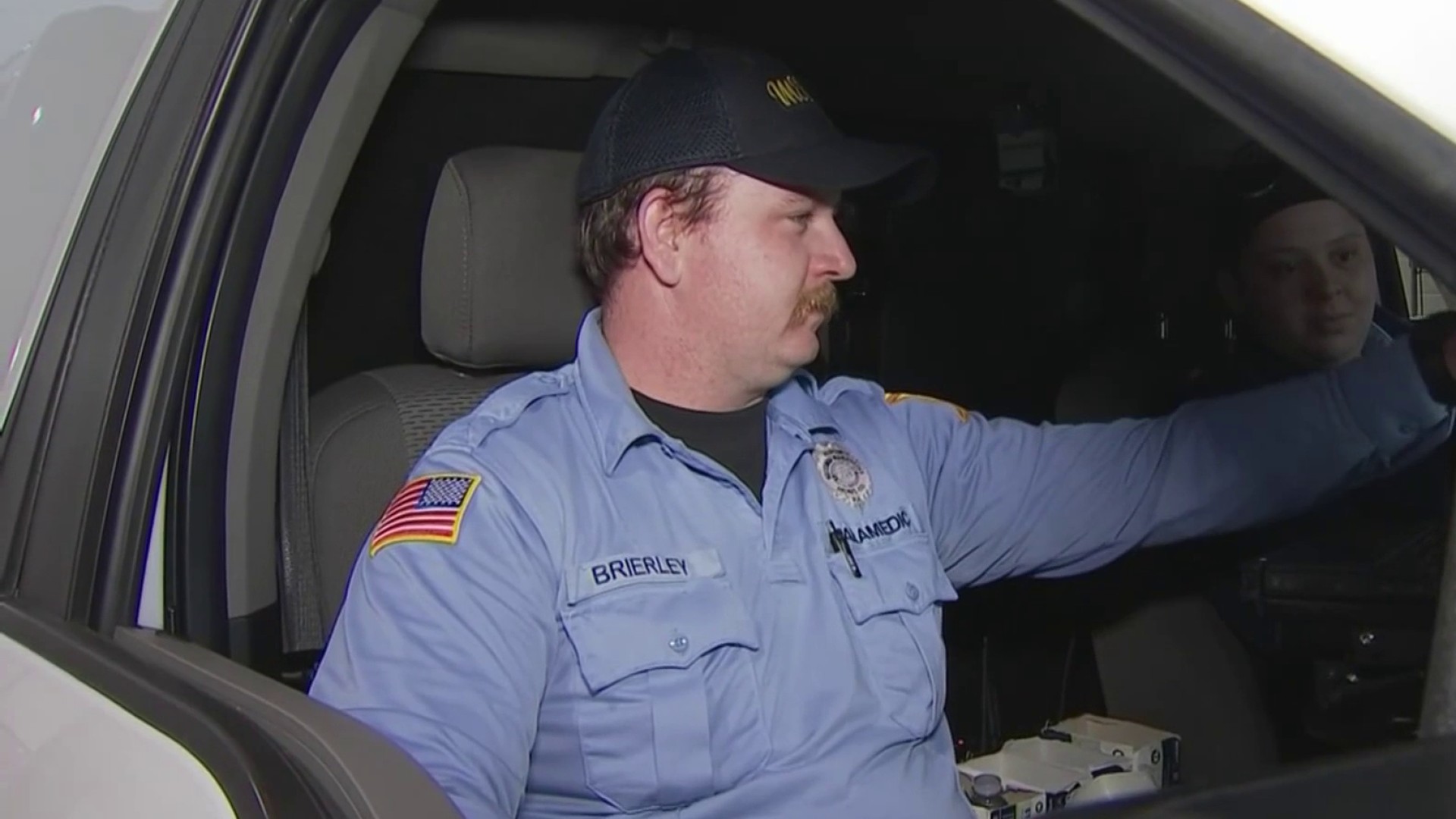The death of David Michener's husband was the start of a legal battle that will land in the Supreme Court next week.
David Michener officially married Bill Ives in Delaware in the summer of 2013, 14 years after their commitment ceremony in 1999.
Although they lived in Ohio, they spent summers in the First State with their three adopted children: Anna, Jack and Michael. They were planning to retire to Delaware for good in the near future. Unfortunately, just weeks after their 2013 wedding, Bill got sick.
“Once they got him on the operating table, they found that the bacteria really was eating the right side of his heart,” Michener said. “They put him on life support after 18 hours. Three days later he died.”
As sudden as his husband’s death was, Michener was in for another shock.
While preparing for Ive’s wake, he was told there was a problem with the death certificate. “Because Ohio does not recognize same sex marriage, they're trying to get my name off the death certificate. I was shocked.”
Local
Breaking news and the stories that matter to your neighborhood.
After fighting to keep his name on Ive’s death certificate in Ohio courts, Michener is now part of a broader case that will be heard in the U.S. Supreme Court next week. The case centers on the rights of married couples in states where same sex marriage is not recognized.
“It’s an insult that extends beyond death,” said Steve Shapiro, national legal director for the ACLU. “It is the state, in perpetuity, we don't recognize what you and your partner had. We don't think it's entitled to dignity.”
After Michener won an initial district court victory in Ohio in December 2013, one Ohio state lawmaker called for the judge who ruled in his favor to be impeached. Republican Representative John Becker issued a statement calling the ruling “an epic display of arrogance and incompetence." He claimed the ruling from Judge Timothy Black, who was appointed by Pres. Obama in 2009, violated Ohio’s state rights. “The federal government has an ever growing propensity to violate state sovereignty,” Becker said in the statement.
“Everyone is entitled to equal rights,” Michener said. “My opinion on things may not be the same as someone else’s, but that doesn't give them the right to make somebody feel like a second-class citizen.”
Same sex history in Delaware
In Delaware, the equality argument has made big gains in recent years. After a yearslong battle to outlaw discrimination on the basis of someone's sexual orientation, the state has rapidly transformed state laws when it comes to same sex couples. Delaware’s first civil union ceremonies were performed in January 2012, shortly followed by the first gay weddings, which became legal in July 2013.
Earlier this year, Holly and Kaci Clark Porter became what's believed to be the first lesbian couple to be ordained as Presbyterian ministers. They talked about the Michener case in an interview at First and Central Presbyterian Church in Wilmington.
“This is why we're continuing to fight,” Holly said. “I think that some people think that this fight is over and that we gays just need to shut up already and we've gotten our way, and this just proves that we haven't and that there is work to do.”
“Liberties should be shared by all,” Kaci added. “I believe that marriage is a liberty and if one group is able to enjoy all the rights and privileges of that liberty than the other groups should also be allowed 100 percent participation in those liberties.”
Governor Markell also gave his support to Michener’s case. In a written statement to WHYY, Markell said, “No spouse should ever fear of dying ‘single’ simply because their home state doesn’t recognize their marriage … All Delaware marriages should be recognized around the country.”
For gay marriage supporters, the Supreme Court case is about making all states recognize the rights currently afforded gays and lesbians in some states.
“No state has the right to insist on violating the Constitutional rights of individuals who live in that state,” Shapiro said. He likens the argument to the 1960s fight for equality concerning interracial marriages. “[This] is just a replay of that controversy and I think the outcome should be the same, and I think the outcome will be the same.”
For David Michener, the case is about honoring Bill's life. “It’s for him and my kids, and for everyone out in Ohio and other states that don’t have equal rights.”
The Supreme Court will hear arguments in the case in Washington on April 28. Michener plans to be there along with his children to witness what they feel could be a historic argument. A ruling is expected in June.



